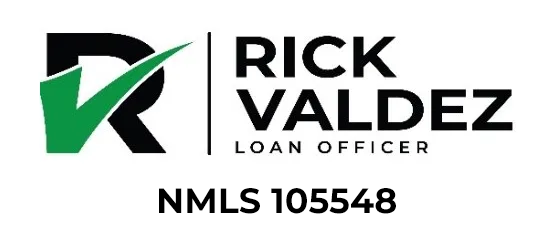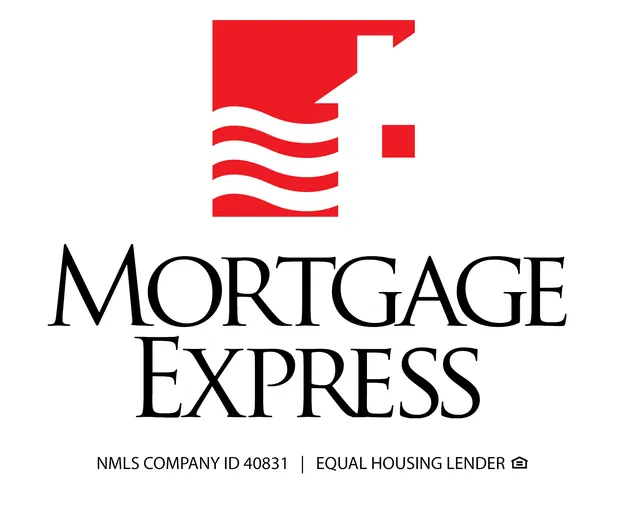Frequently Asked Questions
Rick Valdez, Loan Officer, NMLS #105548
-
Do I need to put 20% down to buy a home?
No, there are loan options available that allow a minimum of 0%, 3%, or 5% down, depending on how you qualify. There are even programs that offer down payment assistance. These programs help younger generations achieve homeownership. In fact, according to the National Association of Realtors (NAR), as of 2022, millennials represent 43% of homebuyers, and they hold the highest share of any generation. To learn more about down payments, reach out to our mortgage lenders.
-
What is the difference between a pre-qualification and a pre-approval?
A pre-qualification is just when mortgage companies calculate your affordability based on unverified info, such as estimated credit score, income, and debts to give you an idea of what you can afford and what program may be the best fit.
A pre-approval officially confirms how much you’re able to borrow. We do a review of your credit scores, we pull, your paystubs and/or tax returns, and we review all your assets. We may do an employment verification to get additional income information and verify job history.
-
How do I know how much I can afford?
Once we complete your pre-approval, we will give you your estimated payment and price range for which you can begin shopping. You can purchase up to the range of what we pre-approve and your payment comfort level. For more information on pre-approval, reach out to our mortgage lenders.
-
Can I get a mortgage if I am an ITIN or DACA recipient?
Yes, ITIN-qualified borrowers can purchase and refinance properties with home mortgage loans. DACA recipients are also eligible for almost all loan types as long as they have an EAD card with C33 status and a valid government-issued social security number.
-
I have lots of student loans, can I still buy a house?
Yes, qualified borrowers with current, deferred, or on-payment plans are eligible to purchase a home through local mortgage companies.
-
I have filed for bankruptcy. Can I still buy a house?
Yes, the minimum wait for certain programs is as little as one year from chapter 13, and two years for government loan programs, with other loan programs being up to four years. To learn more about home mortgage loans and bankruptcy, reach out to our team today.
-
What is the minimum credit score needed?
It is possible to be eligible with no score, but the minimum score could be as low as 580 depending on the program you qualify for. Our mortgage lenders can help you find the right program based on your eligibility.
-
Does switching jobs hurt my ability to buy a home?
Most mortgage companies will tell you that switching jobs may not be a problem, as long as there are no significant job gaps and the switch was due to an increase in pay, life event, or working conditions. The main thing is that all borrowers must have at least two years of work history. Recent college graduates may use their college transcripts in lieu of job history.
-
What is debt ratio?
The debt ratio is where we count all your obligations as reported on your credit, plus any unreported government obligations (taxes, child support, or alimony) divided by your income. This number is used to determine how much you can qualify for and afford in-home mortgage loans.
-
What are closing costs?
These are the fees that you pay in addition to your down payment to secure the purchase of your property. These fees will vary from about 2% to 4% of the sales price and include items such as third-party fees, prepaid interest, home insurance, property taxes, appraisal inspections, flood insurance, loan fees, etc. To learn more about closing costs, call our local mortgage lenders.




Share On: